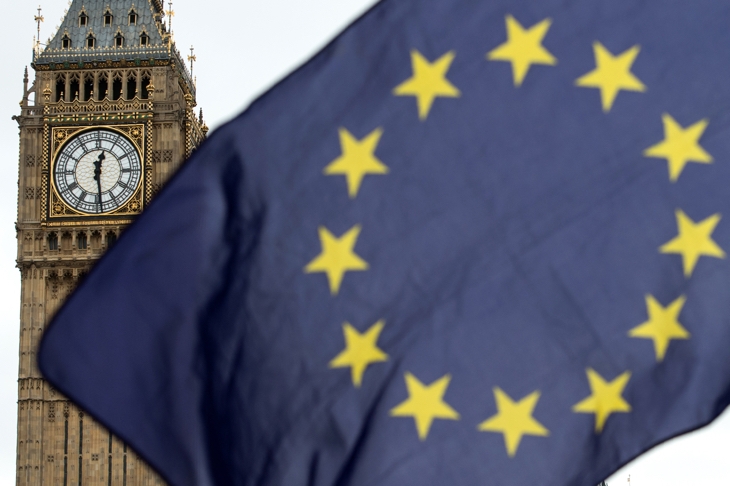While it might have garnered less attention than the political drama around the withdrawal agreement, next week’s European Court of Justice decision on whether the UK can unilaterally revoke Article 50 – that is, cancel Brexit – could have serious ramifications.
A bit of background on the case: in November 2017, a group of Scottish MPs, MEPs and MSPs – working with the anti-Brexit barrister Jolyon Maugham QC – asked the Scottish Advocate General to clarify whether the UK government had the right to revoke Article 50 if it wanted to. Ignoring the objections of the government – which insisted that, since Brexit was going ahead, there was no need for the courts to consider a hypothetical question – the case has been referred to the ECJ for its verdict.
Why is this important? For a start, it completely transforms the arguments around a second referendum. If we can’t revoke Article 50 without the EU’s permission, then the idea of voting to reverse Brexit becomes madness – rather than just happily (or unhappily) staying put, we’d effectively be negotiating with an EU which be able to ask for almost any terms (knowing that the government had been effectively ordered by the people to stay).
It’s always been the position of the UK government that we can’t cancel Article 50. The Commission, too, has indicated that it can’t be revoked by us alone. But the (probably deliberate) ambiguity in the Lisbon Treaty gives the ECJ tremendous power. What makes it really interesting, though, is the politics at play. While a ruling that the UK government can revoke Article 50 might encourage a second referendum and keep the UK inside the EU, it would also empower Eurosceptics such as Viktor Orban to cause merry hell by issuing their own Article 50 notices they intend to withdraw at the last minute (perhaps as a way of pressuring the Council and Commission over other issues). This is why I suspect the ECJ will rule Article 50 can’t be revoked: it remains a political court and it is unlikely to set a precedent that cause massive headaches for the EU in the long run.
If nothing else the case is a powerful reminder why we can’t sign documents like the government’s withdrawal agreement on the basis that we ‘hope’ backstops won’t be used. Ambiguity in EU agreements gives too much power to the people who interpret those terms – the ECJ. While the Spanish Prime Minister may not be able to follow up his threat to “veto Brexit” over Gibraltar, he could – in theory – veto the future relationship agreement, leaving us in the backstop despite May’s best hopes. And that should worry everyone.






Comments